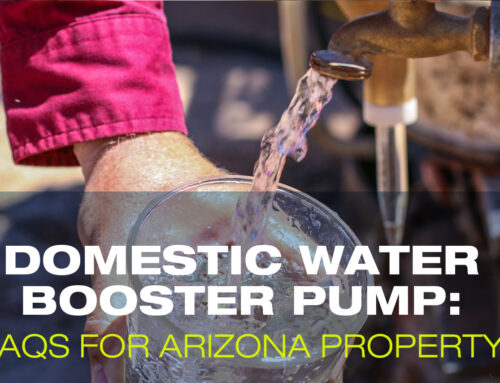Using a well water pump is a great way to be in control of your water supply and to save money while doing it! But if it stops working you’ll be out of water for who knows how long.
Troubleshooting your pump can be a lot easier than you think. And once you figure out what’s wrong the faster your home will have access to water again.
That’s why we’ve gathered some of the common problems with these wells and how to fix them. Read on to find out what they are:
Your Water Stopped Flowing
If no water is coming from your well pump at all then there are a couple of things you’ll want to check out.
Power Outage
One of the most common causes of a well not working is that it has no access to power. This happens a lot in residential areas. If you can recall a power surge that happened in your area or an increase of power this may have caused the issue.
Find the circuit breaker for the well pump. And then turn it on and off again. If the circuit looks as though it is on still flip it on and off.
Water Sediment
Another reason your well pump may not be delivering water is sediment. Rocks or other small materials may be blocking the pump from water getting through. These materials can wear your pump down so it’s important to remove them immediately.
Low Water Table
If the well water pump is sputtering or spitting out small amounts of water the problem may be the water table. This problem can happen during a drought or dry seasons.
This means that there isn’t that much water to move through the pump. This problem could be fixed when the dry spell is over. If it isn’t temporary your pump will need to be moved deeper into the ground.
Low Air Pressure
If water is not flowing through your pump the next thing you should do is check the air pressure. Look for the air valve at the top of the water tank and test it with a tire gauge.
If the pressure is low the tank may be filled with water or the air bladder is broken. Without the right air pressure, the tank won’t be able to turn on.
Noisy Pump
When a well water pump turns on you will hear a clicking sound. That sound is the pressure switch opening and closing.
If your pump isn’t delivering water but you hear this clicking sound its time to get professional well pump services. This sound indicates that the problem with the well water pump may be between the pump and your house.
Everything Looks Fine
After you’ve checked out all the above and you still cannot find out what is wrong, check out the pump controller. This is, of course, the last resort.
This controller should be inside your house near the pressure tank. If it’s not there it will be inside the water pump itself.
The tricky thing about this is that there is no way to check if the pump controller is working. You will need to buy a new one and hope for the best.
These controllers can average around 75 dollars. You will need to buy the exact same one your well pump had before.
More Information for Your Well Water Pump
A well pump can be great for saving money on water bills. Not to mention you’ll have a pretty good idea of what kind of chemicals are in your water.
That’s why it’s important to keep your pump in great shape so you can be in control of your water supply. For more information on how to keep up with your water pump check out our blog.
___________________________________________________
Need additional support with your well pump? Work with a trusted Arizona well pump repair contractor – Call Pump It Up Pump Services, Inc. 623-582-5069 today!







Leave A Comment
You must be logged in to post a comment.